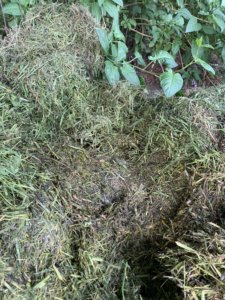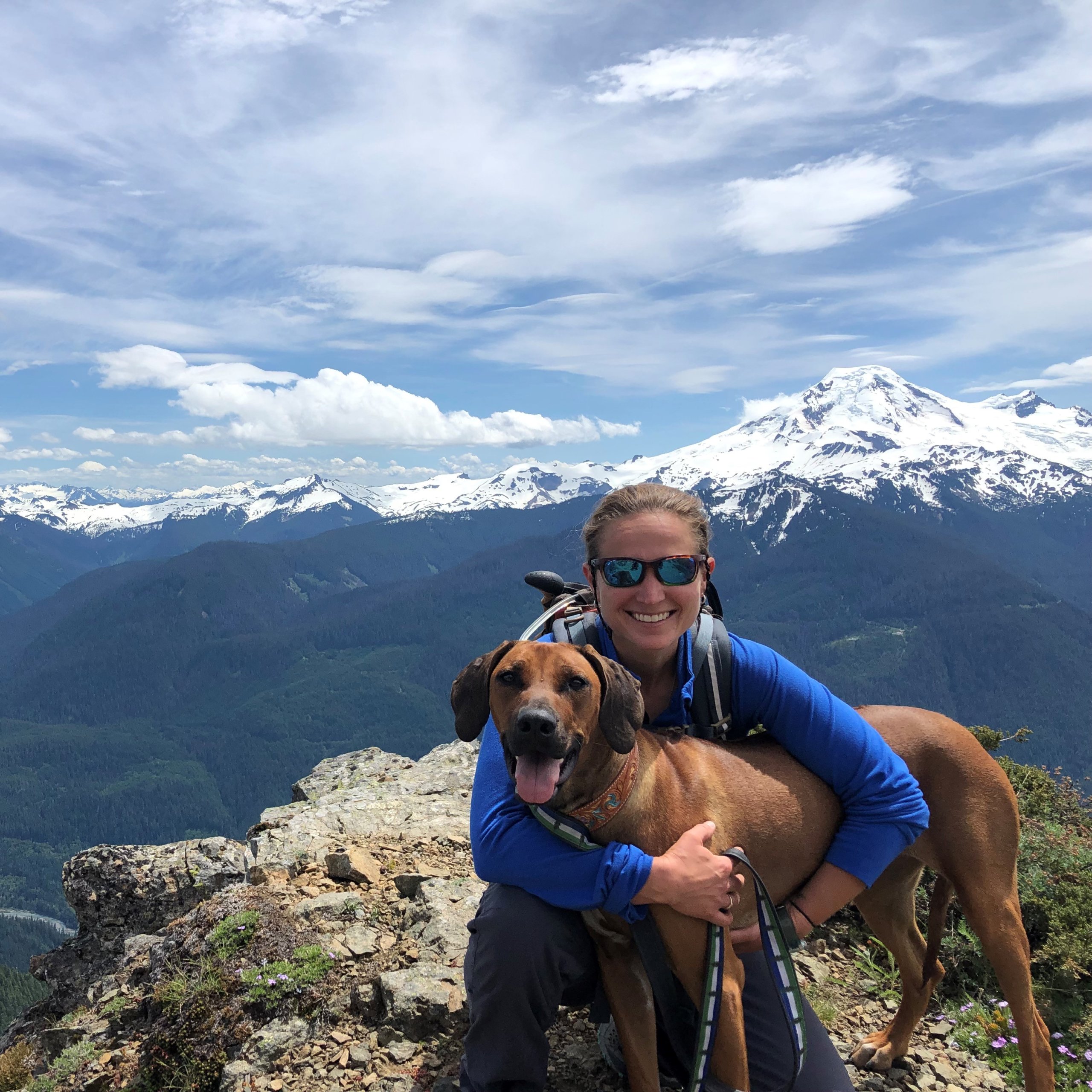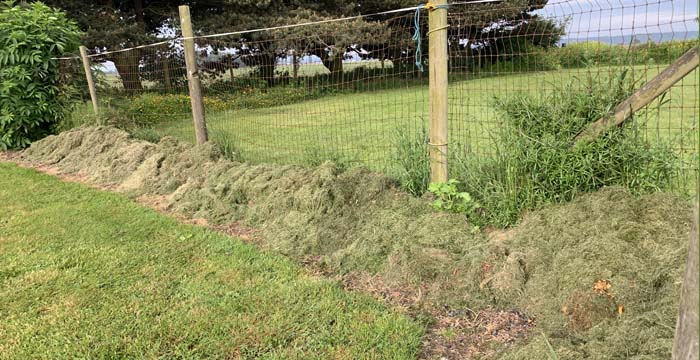Now that lawn mowing season is in full swing, I get a shocking number of questions about whether it’s safe to feed horses your lawn clippings. The answer is absolutely not! Many of us got this pounded into our heads at a young age in 4H or Pony Club, but some people still question why. Horses eat grass; isn’t this just recently mowed grass? They eat hay; isn’t that mowed grass with a longer grass stem?
There are many reasons why we never recommend feeding clippings, but here are the most important.
- If you dump grass clippings into the pasture, your horse generally eats a relatively large mouthful (some more than others). They do not take the time to graze on it as they would naturally. When this large amount of fresh grass enters their gastrointestinal tract (more specifically their hindgut), it is rapidly fermented. This leads to a large production of gas that causes discomfort and colic. When horses roll around with a large gas bubble in their colon it can easily cause this part of the GI tract to twist. This severe colic can be fatal.
- Similarly, this large amount of carbohydrates, when fermented, produces lactic acid. This will drastically change the pH in their colons causing a large die-off of good GI tract bacteria. This can further lead to laminitis due to a secondary endotoxemia by absorption of toxins from colon. This severe laminitis can be fatal.
- Because grass clippings are a relatively delicious treat for horses, they will usually gorge and some will take large mouthfuls (many do this with grain). When they do this with soft, sticky grass it can cause a large ball of grass to become lodged in their esophagus. Esophageal obstruction, or choke, can have significant side effects like inspiration pneumonia or lasting damage and stricture to their esophagus if severe enough.
- If the grass clippings are put in a pile to be fed later that day at a meal or put in a hay feeder piled up, the grass will quickly begin to decompose. When these clippings are piled up, heat is produced very quickly in a moist environment with little oxygen. This promotes growth of the bacteria Clostridium botulinum. Botulism is easily fatal in horses as it can have a very quick onset of symptoms.
-

Mold growing in a grass pile after 18 hours. Photo by Dr. Cassie Torhorst. Mold forms quickly in these piles. Horses that eat this, especially those with allergies or inflammatory airway disease, will quickly show more severe symptoms of respiratory disease. Mold, if ingested even in small quantities, can also induce symptoms of colic for reasons similar to those mentioned above.
- Frequently, lawns also contain pesticides and fertilizers. These are not always animal friendly.
- There are numerous landscaping plants that border our lawns. These branches and leaves can easily be chopped up in the mower and be in the clippings. These are very commonly toxic to our foraging animals.
- Lastly, lawn grass is generally not what we feed our horses even in pasture blends. This change of grass type along with the quantity and abrupt change to the GI tract can cause further GI upset.
Please keep in mind that generally mowing a pasture and leaving the clippings does not have a similar effect. These are usually longer stems that will dry out much quicker due to exposure to air that is allowed in the rows we mow. However, clippings from a lush, medium-height pasture can produce similar situations.
I hope this gives you strong reason to never give your horse pasture clippings. I know a “handful here and there” can be very tempting, but the consequences do not seem worth the risk when they can easily have a carrot or apple as a treat instead.
For further questions on this topic, reach out to your veterinarian.
Published in July 2020 Issue:







